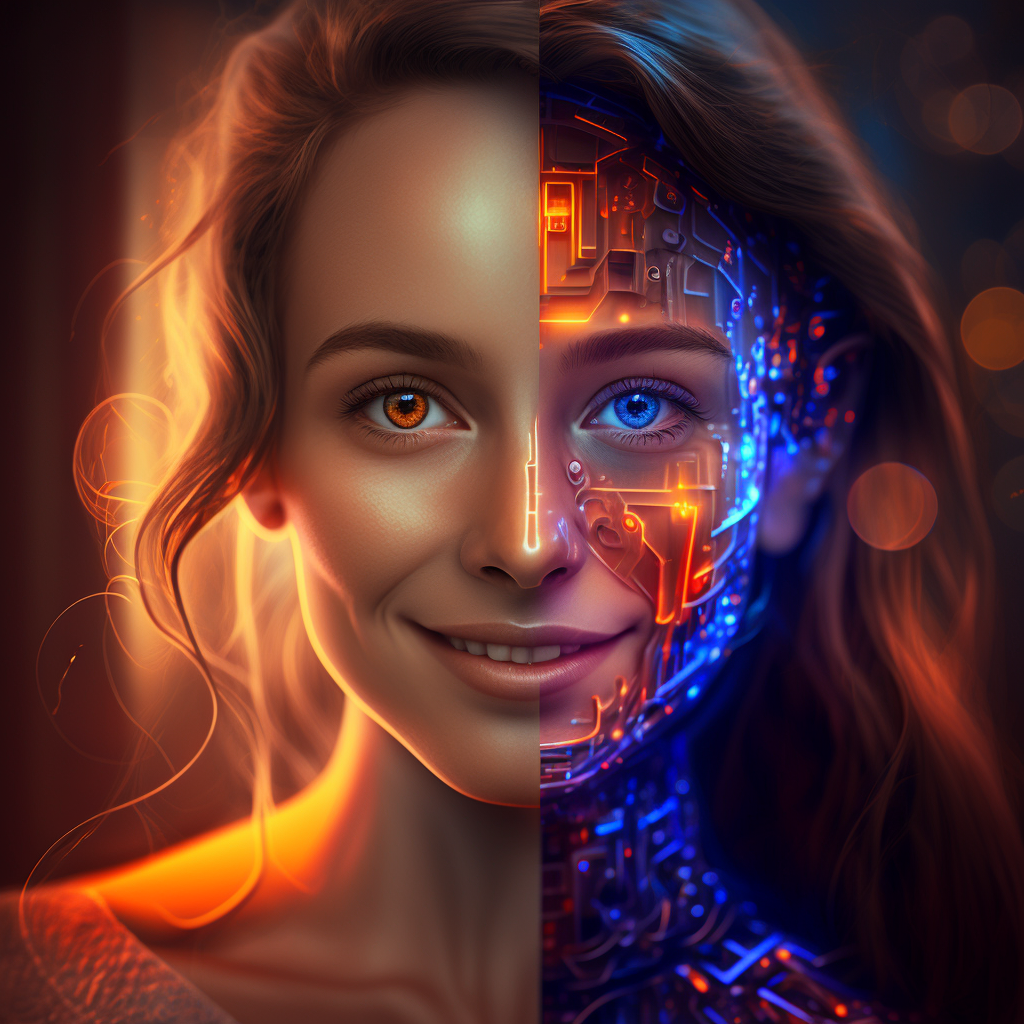The Fallacy of Replacing Software Engineers with AI
Software engineers today are haunted by the specter of AI potentially usurping their jobs. Generative AI models like ChatGPT have led to growing concerns about the end of human-centric software development. However, it’s crucial to recognize that such fears are far from new. Over the years, various technologies have claimed to “disrupt” the coding profession, but all have failed to replace human developers. On the contrary, they’ve often made software engineers even more indispensable.
The Misconceptions of Early Computing and Software Development
It’s instructive to look back at the history of computing to understand why concerns about AI taking over coding jobs may be overblown. During the early days of computing, hardware and systems architecture were considered the apex of intellectual endeavor in the field. Software was an afterthought, often relegated to a lower tier of importance.
Pioneering computer scientists like John Backus viewed programmers as doing menial work. The gender dynamics of the period also played a role: many early programmers were women, whose contributions were downplayed due to sexism. Despite the belittling attitudes, programmers remained indispensable. They took on the grunt work of coding, debugging, and testing, freeing pioneers like Backus to focus on what they considered more “significant” matters.

Evolutionary Attempts to ‘Eliminate’ Software Engineers
Over time, technological innovations aimed to simplify the role of coders or even bypass them altogether. FORTRAN was designed to enable scientists to write programs without programmers. COBOL’s easy-to-understand English syntax was aimed at empowering managers to code without the help of a developer. The Waterfall development model intended to standardize software development processes, while object-oriented programming was supposed to simplify coding to the extent that anyone could do it.
Interestingly, software engineers were often resistant to these changes, fearing that they’d become obsolete. However, these fears turned out to be unfounded. Technologies like FORTRAN and COBOL added new layers of complexity rather than simplifying matters. The Waterfall model led to bureaucratic snarls, hindering the efficient development of software.
The Enduring Importance of Human Coders: A Crisis in Software Engineering
Despite innovations intended to eliminate or reduce the need for human coders, a paradox emerged: the world still needed more software engineers. At a 1968 conference sponsored by NATO, the term “crisis” was used to describe the situation in software engineering. Projects were stalling or getting delayed, not because of too many software engineers, but because of too few.
ChatGPT and The Reality of AI in Software Development
Today, the discourse around ChatGPT replacing human software engineers seems to lack historical perspective. Using AI to replace engineers for complex feature development would likely result in disastrous outcomes, making the rehiring of human engineers inevitable. On a more practical note, large language models (LLMs) like ChatGPT can automate routine tasks, like providing autocomplete suggestions or sorting data, but these tasks are just a fraction of what software development involves.
Enhancing, Not Replacing, Human Productivity
Rather than stealing jobs, ChatGPT and similar technologies could change the nature of coding work, eliminating some of the more mundane tasks and allowing engineers to focus on the real intellectual challenges. This scenario echoes how compilers eliminated the need for programmers to work directly with binary code. The outcome? Programmers became more, not less, valuable, as they could devote more time to complex problem-solving and feature development.
The Complexity Paradox: Why AI Will Not Replace Software Engineers
Edsger Dijkstra once noted that as computers have become more complex, programming has transformed from a non-issue to a significant challenge. Efforts to make programming so simple that anyone can do it have only resulted in adding more layers of complexity. Far from making software engineers obsolete, the rise of advanced technologies like ChatGPT are likely to make them even more integral to the process of software development.
Conclusion: The Unlikely Extinction of Software Engineers
The notion that AI will entirely replace human software engineers seems implausible when viewed through the lens of history. Time and again, innovations aimed at sidelining coders have only succeeded in making them more indispensable. The potential of large language models to assist in software development will likely follow the same path, augmenting rather than replacing human capability. Therefore, software engineers can breathe a sigh of relief; their skills remain as valuable as ever in our increasingly complex digital world.



